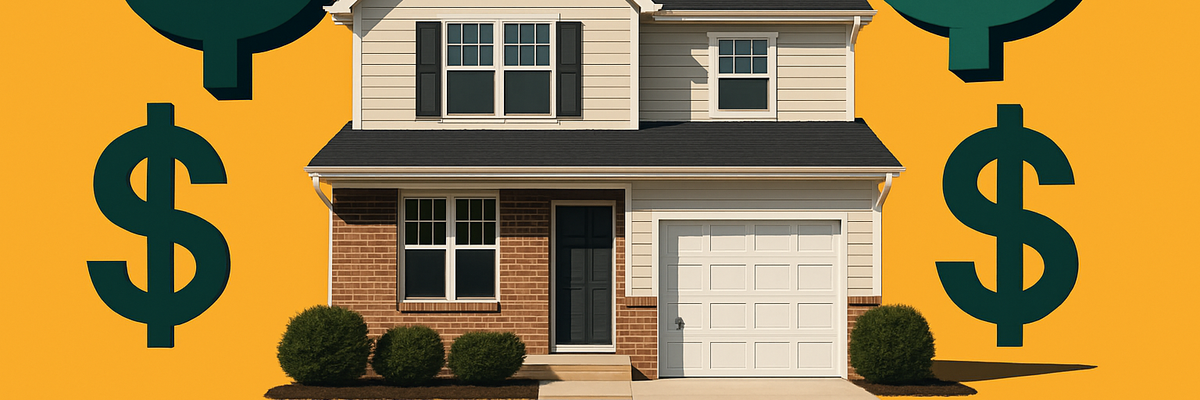Warren Buffett Could've Bought His House in Cash. Here's Why He Still Took Out a Mortgage

Warren Buffett is worth an estimated $145 billion -- so for him, buying a home outright in cash wouldn't be much of a stretch.
But when he bought a vacation home in Laguna Beach, California in 1971 for $150,000, he didn't pay for it in full. Instead, he took out a 30-year mortgage with a $120,000 loan. And while he wasn't a billionaire yet, he was certainly worth millions at that point.
Buffett explained his thinking in a 2017 interview with CNBC: He believed the money could earn more if invested elsewhere. And he was right. He used the leftover cash to buy Berkshire Hathaway stock, which has grown astronomically since then. It's one of the many reasons why he's soon retiring as one of the richest people in the world.
Here's why his decision made sense -- and what you can learn from it.
The opportunity cost of paying in cash
Buffett's decision highlights the importance of opportunity cost: when you tie up money in a large asset like a house, you pass up the chance to put that money elsewhere -- such as in stocks, business ventures, or other investments.
That doesn't mean a mortgage is always the best move. But for investors with the right discipline and a long-term plan, using a mortgage to free up capital can be a smart strategy.
Looking to buy a home? Check out our curated list of the best mortgage lenders to get started today.
What everyday borrowers can learn
Buffett's approach isn't just for billionaires. Everyday home buyers can apply similar thinking when it comes to managing money.
- Don't rush to pay off low-interest debt if you have higher-return options. For example, if your mortgage rate is 4% but you're confident that your investments can earn at least 7%, it may make sense to invest extra funds instead of paying down the loan faster.
- Use a fixed-rate mortgage to your advantage. Buffett endorses 30-year fixed mortgages because they lock in a predictable cost. That protects borrowers if interest rates rise in the future.
- Liquidity matters. Buffett also values having cash on hand for flexibility. Tying up all your money in a house could limit your ability to invest, cover emergencies, or take advantage of new opportunities.
With this sort of thinking, you can start to see your mortgage not as a burden -- but as a way to free up your money to grow elsewhere.
Ready to get started? See our full list of the best mortgage lenders and start investing in your future today.
Learn from the Oracle of Omaha
Warren Buffett didn't need a mortgage, but he took one out anyway -- because to him, it made the most financial sense.
By borrowing at a fixed rate and investing the difference, he followed his own advice: Let your money do the hard work. And Buffett's decision, like usual, worked out for the best.
Our Research Expert
We're firm believers in the Golden Rule, which is why editorial opinions are ours alone and have not been previously reviewed, approved, or endorsed by included advertisers. Motley Fool Money does not cover all offers on the market. Motley Fool Money is 100% owned and operated by The Motley Fool. Our knowledgeable team of personal finance editors and analysts are employed by The Motley Fool and held to the same set of publishing standards and editorial integrity while maintaining professional separation from the analysts and editors on other Motley Fool brands. Terms may apply to offers listed on this page.


